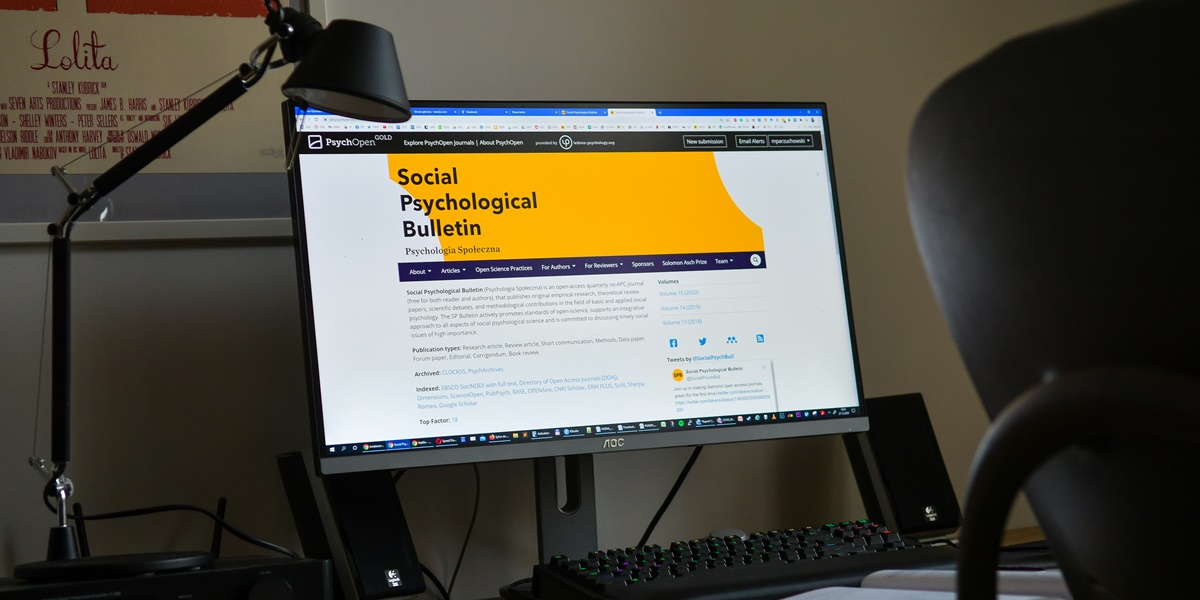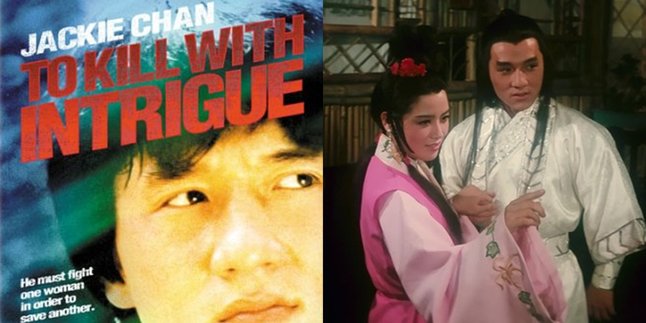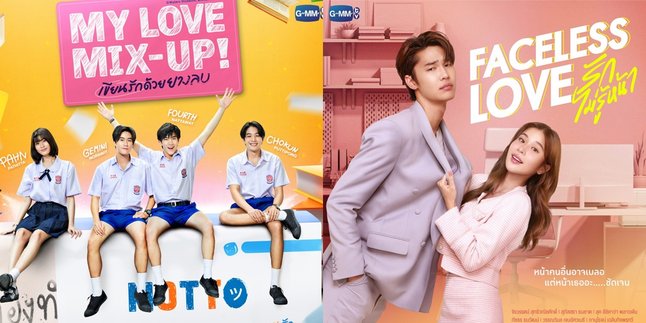Kapanlagi.com - The MBTI (Myers-Briggs Type Indicator) test is currently quite popular among young people. Many young people try this test, either just for fun or for more serious purposes such as getting to know their own character. The MBTI test is also popular because it is easily accessible. Currently, you can easily find Indonesian MBTI test sites on the internet.
As a personality test, MBTI is based on the psychological type theory developed by Carl Jung and later refined by Isabel Briggs Myers and Katharine Cook Briggs. In the MBTI test, test participants will be invited to get to know themselves by answering several questions related to four main dimensions believed to indicate a person's personality.
MBTI test participants will answer questions about extraversion or introversion, sensing or intuition, thinking or feeling, and judging or perceiving. Curious about what an example of Indonesian MBTI test questions looks like? To find out, just read the following review.
1. Types of MBTI Test Questions in Indonesian

Types of MBTI Test Questions in Indonesian (credit: unsplash)
As mentioned earlier, the MBTI test is conducted by answering a specific list of questions on the internet. The Indonesian language MBTI test questions are quite comprehensive, thus able to provide a detailed description of a person's personality.
The questions in the Indonesian language MBTI test are arranged based on several preferences, such as social preferences, decision-making attitudes, time usage, interaction tendencies, and self-development motivations.
For a clearer understanding, here is a brief description of the preferences or types of questions in the Indonesian MBTI.
1. Social Preferences
In this preference, test participants will be asked about their tendencies, which is more comfortable for them between talking to many people, talking to a few familiar people, talking to a few unfamiliar people, or talking to only a few very close people.
2. Decision-Making Preferences
In this preference, test participants will be asked about their tendencies in making decisions, whether they think logically and analytically, think emotionally and intuitively, think creatively and spontaneously, or think systematically and in detail.
3. Time Maximization Preferences
In this preference, test participants will be asked about their tendencies in maximizing time, whether they create a very detailed and structured schedule, create a relatively detailed but still flexible schedule, create a very flexible and spontaneously changeable schedule, or create a very simple and unstructured schedule.
4. Interaction Tendency Preferences
In this preference, test participants will be asked about their tendencies in interacting with others, whether they tend to interact directly and spontaneously, interact with others indirectly and through special media, interact with others formally and professionally, or interact with others informally and casually.
5. Self-Development Preferences
In this preference, test participants will be asked about their tendencies in learning, whether they tend to learn theoretically, learn practically and directly, learn creatively, or learn systematically and in detail.
2. Examples of MBTI Test in Indonesian

Example of MBTI Test in Indonesian Language (credit: unsplash)
After understanding the preferences of several types or preferences of MBTI test questions. Here are some examples of MBTI test questions in Indonesian and a brief explanation.
What would you do when meeting someone new for the first time?
The answer or response to this question will identify whether someone is classified as an introvert or extrovert.
What would you do when facing a problem?
The answer to this question will indicate someone's tendency in solving problems, whether it tends to be with feelings or intuition or Feeling (F), or on the contrary, with logical thinking or Thinking (T).
How do you feel when you have to meet a lot of people?
The answer to this question will also identify whether someone is an extrovert or introvert. Extroverts are easy to socialize with new people. Introverts like solitude.
What is your position in a friendship?
The answer to this question will reveal your personality, whether someone tends to be introverted or extroverted, a thinker or a feeler, and so on.
3. 16 Personality Types According to MBTI

16 Personality Types According to MBTI in Indonesian Language (credit: unsplash)
As mentioned earlier, the MBTI test divides human personality into 16 types. Here is a brief explanation of the 16 MBTI personality types.
- INTJ (Architect): Strategic, forward-thinking, and has clear plans.
- INTP (The Thinkers): Innovative, has a desire to know more, and never stops thinking.
- ENTJ (The Executive): Strong leader, strategic thinker, and has the ability to make decisions.
- ENTP (The Visionaries): Innovative thinker, has creative ideas, and never stops thinking.
- INFJ (The Counselor): Idealistic, forward-thinking, and has the ability to understand others.
- INFP (The Idealist): Idealistic thinker, has strong values, and has the ability to write and speak.
- ENFJ (The Givers): Idealistic thinker, has the ability to understand others, and has the ability to speak.
- ENFP (The Inspirers): Creative thinker, has inspirational ideas, and has the ability to speak.
- ISTJ (The Inspector): Practical thinker, has the ability to understand details, and has the ability to manage.
- ISFJ (The Nurturers): Practical thinker, has the ability to understand others, and has the ability to manage.
- ESTJ (The Guardians): Practical thinker, has the ability to understand details, and has the ability to manage.
- ESFJ (The Caregiver): Practical thinker, has the ability to understand others, and has the ability to manage.
- ISTP (The Mechanics): Practical thinker, has the ability to understand details, and has the ability to manage.
- ISFP (The Artist): Creative thinker, has creative ideas, and has the ability to write and speak.
- ESTP (The Doers): Practical thinker, has the ability to understand details, and has the ability to manage.
- ESFP (The Performers): Creative thinker, has creative ideas, and has the ability to write and speak.
Those are some examples of the MBTI tests in Bahasa Indonesia that have recently become popular among young people. Hopefully, they will be useful, broaden your knowledge, and answer your curiosity.
(kpl/psp)
Disclaimer: This translation from Bahasa Indonesia to English has been generated by Artificial Intelligence.















